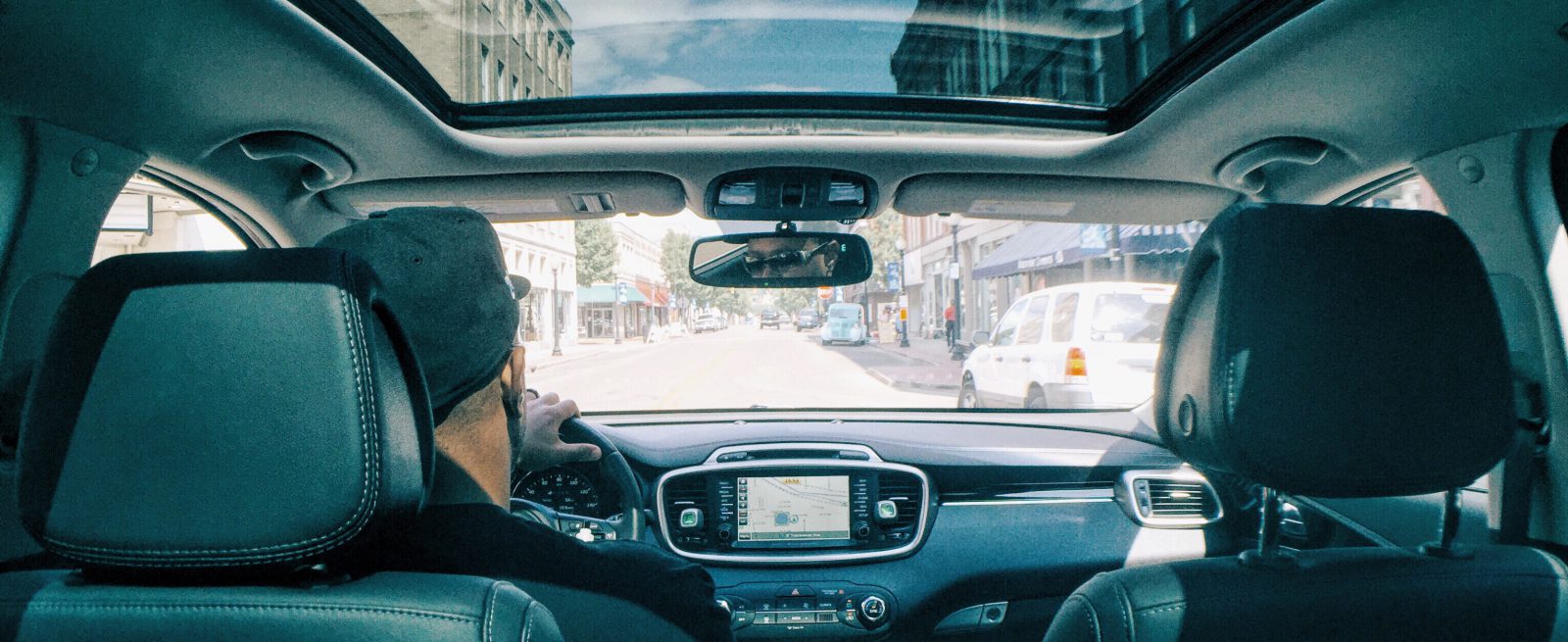Why Today’s Restaurant Owners Need ‘Good Drivers’
4 Min Read By Danielle Lackey
The on-demand economy is changing the face of the restaurant business. Consumers are spending $4.6B annually on food/grocery delivery, which means that the first (and sometimes only) person from a business that they will interact with face-to-face is the driver bringing food right to their doorstep.
The driver experience can serve as a differentiator in a competitive environment that continues to get more crowded.
As the person frequently on the front lines with the customer, drivers should represent their brand well. If they don’t – say by arriving late for deliveries, dressing sloppily, acting disinterested, or worse, being rude to the customer – customers will quickly switch to a competitor.
In many of these cases, the driver experience can actually serve as a differentiator in a competitive environment that only continues to get more crowded. Indeed, online delivery currently represents 43 percent of all delivery orders. And if that isn’t enough, delivery companies like DoorDash are implementing cutting-edge artificial intelligence technology to provide its customers with faster delivery service.
With convenient online and app delivery options readily available to consumers, it’s more important than ever for restaurant owners to hire delivery drivers who embody “good driver” characteristics if they want to stand a chance for success. This is especially important concerning third-party delivery drivers, since more are legally being considered contractors. As contractors, restaurant owners have little to no say over the type of vehicles drivers can use to make deliveries, how they dress, or when and how long they can work.
In a crowded marketplace, sometimes all it takes is a driver who goes above and beyond to provide excellent service to keep customers coming back with repeat business. Here is a list of the “good driver” qualities that restaurant owners should be on the lookout for to set their service apart from the rest.
Reliable and Flexible
All business owners expect their employees to show up to work on time and be ready to hit the ground running. This is even more pertinent in the restaurant industry, where customers become impatient if their food arrives later than originally scheduled.
Flexibility also goes hand-in-hand with reliability – that is, good drivers are ready and willing to help out the restaurant in other ways when not making deliveries. Responsibilities can include taking customer orders or stocking up on ingredients when supplies are low. Proactively taking on these tasks helps restaurants deliver food to their customers on time since owners don’t have to worry about missed orders or supplies running low during rush hours (e.g., lunch and dinner time).
To avoid hunger pangs influencing customers’ opinions of their services, restaurant owners should hire drivers they can constantly rely on to make every delivery on time, and to be flexible to help with non-driver duties as needed.
Trustworthy
Restaurant owners must trust that their drivers maintain a sense of professionalism when dealing with customers. The importance of this trait became apparent recently in the UK where a driver sent unsolicited texts to a female customer.
Although the restaurant stepped in to contact the customer and apologized for the driver’s actions, harm to the brand’s reputation was already done, and worse, the customer’s sense of safety was jeopardized.
No customer should have to experience this kind of ordeal, which is why restaurant owners should hire drivers they can trust to treat customers with respect, all the time. One way they can deem if a driver is trustworthy is by collecting references from past employers who can provide information on a driver’s character.
Safe
Above all traits, a safe driver who obeys the rules of the road should be of utmost importance to restaurant owners. Always using a turn signal, avoiding reading and sending texts while on the road, and keeping both hands on the steering wheel at all times are just a few examples of the habits that help drivers avoid costly accidents.
As a complicating factor, if the restaurant provides its drivers with company-owned vehicles, then accident costs, like vehicle repairs and insurance hikes, will be charged directly back to the business. Additionally, many states have safe driver laws that if not adhered to can cost restaurant owners and their drivers a pretty penny for each infraction (e.g., MA, CA).
To avoid serious accidents and their subsequent costs, restaurant owners should make it a priority to hire safe drivers. They can do this by pulling the driver’s motor vehicle reports, which tells employers if the driver has any previous tickets or has been involved in any accidents. Additionally, restaurant owners can research and participate in safe driver programs that offer safety assessments and personalized training for drivers to better avoid distractions while on the road.
Licensed and Insured
We can all agree that drivers should have a valid driver’s license and are insured before getting behind the wheel, especially if they are driving for business. However, busy restaurant owners who are strapped for time take it for granted that those applying to drive already have the important legal documents in place.
Driving without a license or insurance never ends well. If pulled over by law enforcement, drivers must provide their license to prove they are legally allowed to operate a motor vehicle. Without it, they could be heavily fined, or worse, have their license revoked or even taken into custody.
Drivers should also be insured since both the driver and restaurant owner are liable if an accident occurs within the scope of the driver’s work for the restaurant. There are many variables as to who bears responsibility for what if a driver gets into an accident, but in a nutshell, reimbursement for damages depends on insurance coverage.
If not insured, both the owner and driver will be responsible for damages caused by an accident while on the clock.
The new customer-facing opportunities ushered in by the gig-economy means restaurant owners need to give even greater attention to their delivery operations. When a customer gets the wrong food order or has a negative experience with a grumpy delivery driver, those negatives will be attached to your restaurant brand. To stay afloat in today’s on-demand world, “good drivers” are a restaurant owner’s ticket to success.


